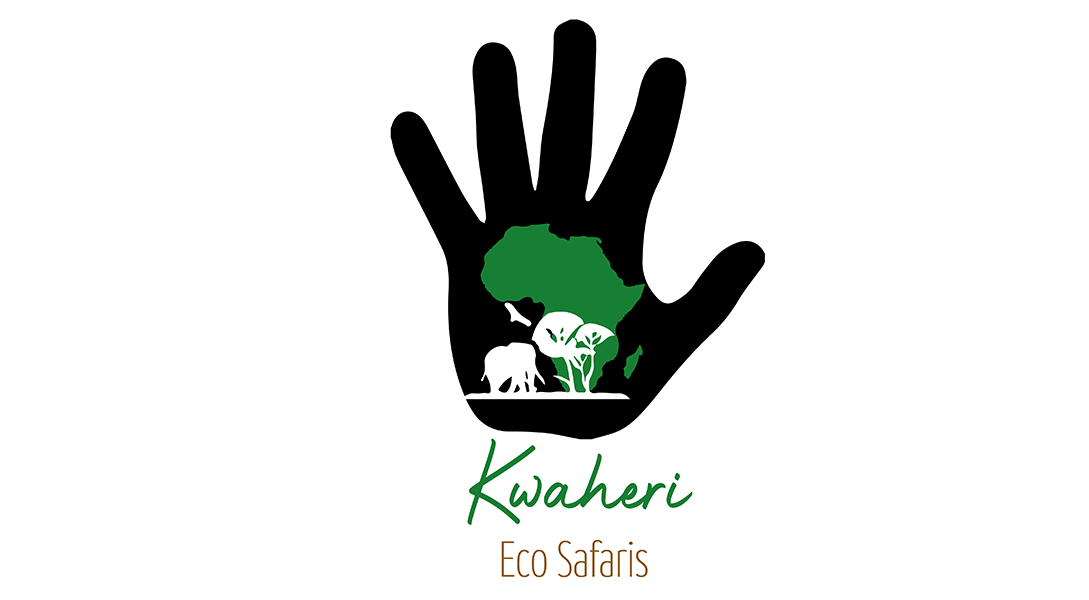Rwanda is a landlocked East African country whose green, mountainous landscape has earned it the nickname “Land of a Thousand Hills.” Its renowned Volcanoes National Park is home to mountain gorillas, Chimpanzees and golden monkeys. Bordering Congo and Uganda, the park incorporates 4,507m-tall Mt. Karisimbi and 4 other forested volcanoes. Kigali, the nation’s sprawling capital, has a vibrant restaurant and nightlife scene with other historical sites to visit.
In 1994, Rwanda’s civil war dominated the world’s headlines. This became known as ‘Rwanda’s genocide’; hundreds of thousands of people were killed. It is still what most people will think about when they hear the word ‘Rwanda’.
Now, 17 years later, the country is once again peaceful. Rwanda’s democratic government promotes harmony, and the Rwandese are enjoying a good life again. Many are eager to tell of their past, to let the world know what happened – and to protect their country against it ever happening again.
Time in Rwanda
There is no time difference between winter and summer months in Rwanda; it’s always two hours ahead of Greenwich Mean Time (GMT+2).
Currency in Rwanda
Rwanda’s currency is the Rwandan franc (RWF). Currently (Jan 11), £1=Rwf920, and US$1 = Rwf580; you can check the latest exchange rates with www.oanda.com .
Rwanda’s International Dialing Code
Rwanda’s International Dialing Code is +250. Calling from Rwanda, you need to dial 0044 for the UK, or 001 for the United States, followed by an area code and local number. Calls can be made with Rwandatel S.A., Rwanda’s largest company for telecommunications.
Food in Rwanda
The food in Rwanda varies from mediocre to good. Fresh fruit and the Belgian-inspired cuisine are usually good; otherwise, whilst hygiene standards are generally high, results can be variable.
The diet for most local Rwandese people consists mainly of sweet potatoes, peas, corn, beans, millet and fresh fruit, including avocados, mangos and papayas. Umutsima (cassava and corn), isombe (cassava leaves with eggplant and spinach) and mizuzu (fried plantains) are some of Rwanda’s traditional dishes. Drinks include local beer and ikigage, a locally brewed beer made from sorghum.
Travelling in Rwanda
With your own 4WD vehicle and driver, travelling in Rwanda is fairly easy. Although major arterial routes are tarred, roads in the more rural areas are not and can be in poor condition.
Health in Rwanda
There are medical facilities of Western standards in Kigali; elsewhere facilities are rudimentary. It is generally wise to you are be up-to-date on vaccinations for typhoid, tetanus, polio and diphtheria. Many travellers also have the Havrix vaccine to guard against infection by hepatitis A and a yellow fever certificate is usually required for entry into Rwanda. Malaria is widespread throughout lowland Rwanda, so malaria precautions are generally essential.
That said, it’s vital that you always check the latest recommendations with your own doctor or travel clinic before you travel. (The Scottish NHS site can also be a useful travel resource for medical information about Rwanda.)
Language in Rwanda
The main language spoken in Rwanda is Kinyarwanda (a Bantu language, also known as ‘Rwanda’ or ‘Ruanda’). French is widespread and English is also spoken by many people who are in contact with visitors.
Visas for Rwanda
Travellers with British passports, as well as American citizens, generally do not need to purchase a visa when travelling to Rwanda; currently (Jan 2011) passports are just stamped on arrival. However, always check with your local Rwandan Embassy for the latest regulations; UK nationals will find details on the Embassy of the Republic of Rwanda in London website.
